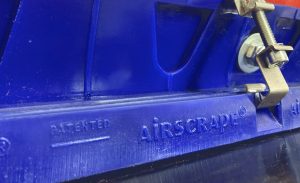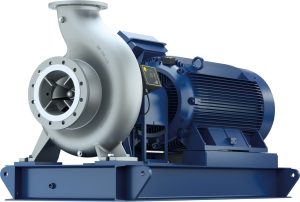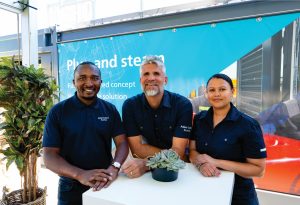In 2023, continuing the trend from last year, the industry focus is on CO2 reduction measures and technologies (alternative fuels, alternative raw materials), a main priority in operation plans of all the cement players.
But these short-term actions will not be enough to reach the CarbonZero target, which is why all the companies are working (with different intensities) to develop carbon capture utilisation and storage projects (CCUS) technologies integrated in the cement production.
Antonio Clausi, global director, Heidelberg Materials Competence Centre Cement is speaking about this sector revolution at CarbonZero Alternative Fuels and Raw Materials Global Conference and Exhibition 2023 on 26-27 October, InterContinental Hotel Dieu, Lyon, France.
With his background as a chemical engineering graduate from the University of Trieste, Italy, Clausi’s expertise and passion are embedded in his role of heading the organizational efforts into Decarbonization through the development of new technologies such as carbon capture amine-based, oxyfuel, calcium looping and LEILAC.
Additionally, he is leading the Industry 4.0 innovative direction with activities related to advanced automation, expert system, artificial intelligence, predictive maintenance, and the digitalisation of production processes. Clausi, as a member of the Technical Advisory Board of ECRA (European Cement Research Academy), is dedicated to developing innovative technological advancements, reducing the cement industry’s carbon footprint, and creating a more sustainable and digitised future.
Beatrice Ene, MD, Industry Link: “Our conference programme will include a dedicated cluster for CCUS to be presented. We feel this subject needs a focused attention especially since a lot of projects are made by very innovative companies transforming carbon into a range of new materials. As such, if you are a company using carbonization technologies to develop new products for a new tomorrow, we have created a spot for you to show innovation to the world.”
“The cement and concrete industry has an essential role to play when it comes to meeting global climate targets. In addition to established measures such as increasing energy efficiency and the use of alternative fuels and raw materials, we also need to focus on the development of innovative CCUS technologies. At Heidelberg Materials, we are committed to developing CCUS at industrial scale, and selecting the right technologies for implementation at each of our sites. In this way, we reduce CO2 emissions and support a low-carbon future,” concludes Clausi.





